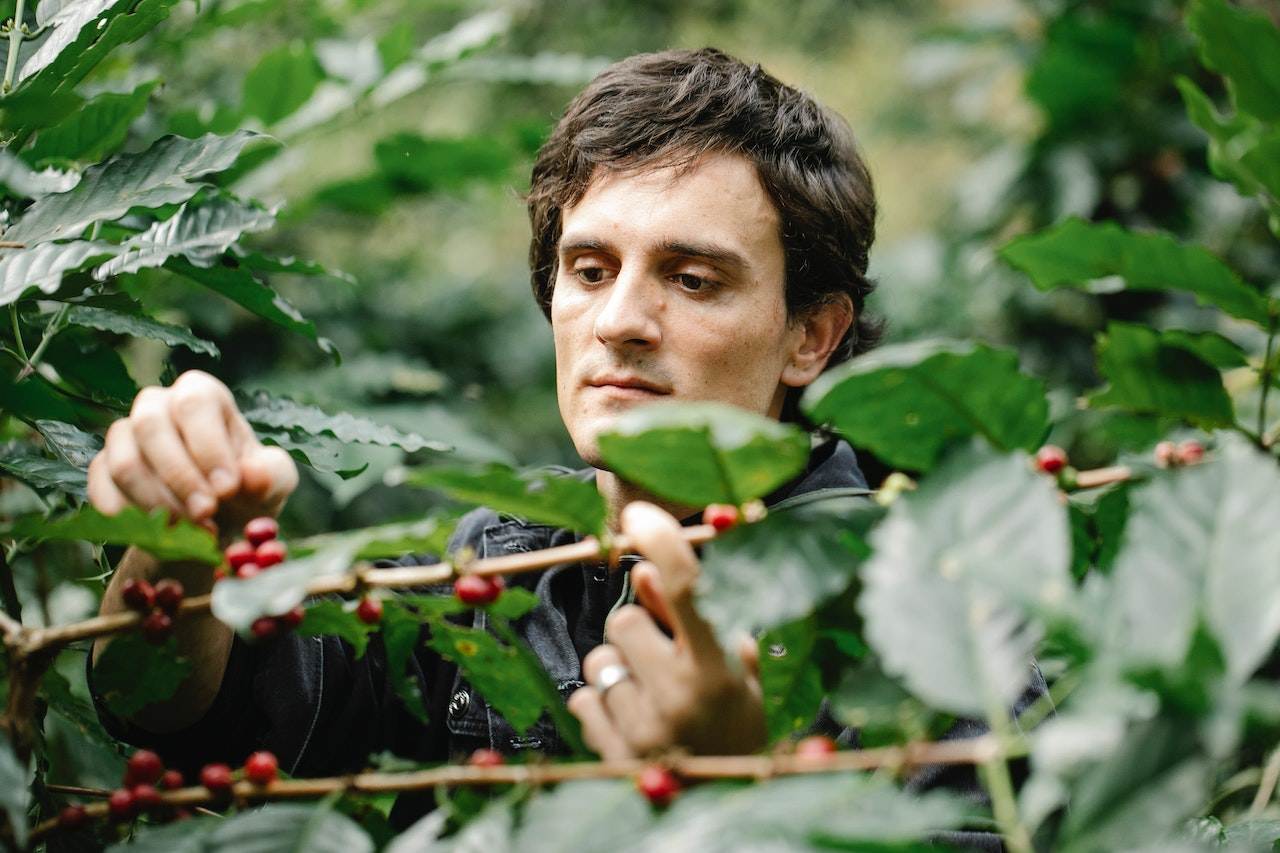In the past two years, food shortages have been frequent, and prices have skyrocketed to the highest they’ve ever been. At the start of the pandemic, shelves in Sheffield were empty as the short chain global supply chains collapsed. With workers at home and transport stalled, it became apparent how fragile our food system is. In the past few months, the impact of Covid can still be felt, and limitations due to Brexit have seen the rising food costs, made worse by the war in Ukraine.
The UK is far from self-sufficient; the latest figures indicate that UK farmers and growers produced only 64% of all the food eaten by people in Britain in 2019. Something needs to change to bring prices down and ensure that we continue to have access to food. While there are many things that could improve our food system, one thing we desperately need is more farmers. Without more growers, we will fail to meet demand in the future. Here’s how we can create the next generation of farmers.
The Current Farming Landscape in Sheffield & The UK
Currently, about 70% of the landmass of the UK is devoted to agriculture, with feed and pastures for beef and lamb taking up the vast majority of that land. While we are able to achieve 100% self-sufficiency in lamb, we are only 55% self-sufficient in fresh vegetables and 18% self-sufficient in fruit. Increasing our vegetable and fruit yields will be vital over the coming years. As for the agricultural workforce, the total number of people working in farming and horticulture in England was around 297 thousand in 2021, a decrease of 1.4% since 2020. For a population of 68 million, that’s a tiny percentage. We need to increase the numbers to reach our food growing potential. A large proportion of these workers are not from the UK and while training British citizens is vital, we also need the government’s National Food Strategy to include the creation of thousands of visas for migrant food workers.
Sheffield, unfortunately, does not have a strong horticultural history and lacks large commercial farming, even on the outskirts. However, there is a growing movement for nature-friendly food cultivation utilising regenerative methods. There are currently 99 acres of land in South Yorkshire using these methods. Though this is too small to cover the demand for healthy food in the city, it’s an expanding industry, providing for hundreds of livelihoods with a collective annual turnover of £8m. More than half of this area is in community gardens of an acre or less, so it’s a fantastic feat to produce this much off so little. Yet to make urban farming economically viable, larger plots are better. There are thriving businesses located on two-acre plots, but more space allows for more flexibility, including areas for producing compost and other activities.
Creating The Next Generation of Farmers
So, how do we expand employment in growing jobs and build the next generation of farmers?
Education
Firstly, we must let people know from a young age that growing for a living is an option. From primary school through to adult learning, growing needs to be part of the curriculum. School gardening and farm visits are great ways to introduce kids to this world. Heeley City Farm is just one example of an urban farm in Sheffield that’s perfect for a school trip. A focus on growing in subjects such as geography, the sciences and citizenship can keep that interest throughout their school years. And when it comes to choosing options for higher education, we need course options and apprenticeships for horticulture and farming. Sheffood is in the process of creating a working group based around training and skills, working with some of the most knowledgeable growers in the city to consider how we can get more young people involved in this vital part of the food sector.
Training
But, education doesn’t stop when you leave school, so we need robust on-the-job training programmes that provide the skills and tools people need to learn the trade. Apprenticeships have been promoted greatly in recent years for trades like electricians and plumbing, so why not extend this to food production? Regather Farm in the Moss Valley is currently researching training pathways to get people into the industry. With unemployment at 4.3% in Sheffield, this could be an excellent solution for those looking for work.
Local Farming Support
The next thing we need to do is to ensure there are enough roles available. This means we need more investment in local, urban farming and support in accessing resources and land. One of the most significant limitations to expanding farming in Sheffield is the lack of land access. We, therefore, need to develop public land and elevate its growing potential, prioritising suitable land for food and protecting it from housing development. . There are amounts of land around Sheffield that could be turned into urban and peri-urban growing spaces, but we need a commitment from Sheffield City council to ensure that public land is made available for food production and promoted to those that might want to rent it for this purpose. ShefFood is currently waiting for the Carter Jonas review of Council Land Assets to assess what land may be available to create more growing sites.
Creating the next generation of farmers would help strengthen the food economy in Sheffield, expanding jobs and wealth in the city. Plus, it would be the starting point to creating a local food system that benefits people and the planet. Local organic and regenerative food production is low-carbon, or even carbon sequestering, creates jobs, provides more investment in our local economy and offers our community delicious, healthy food options – It’s a win for everyone. No one is saying it will be easy, but with a plan in place, we can make it a reality.

